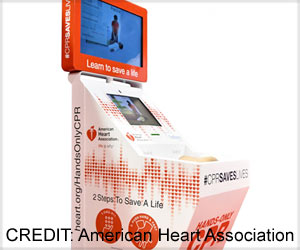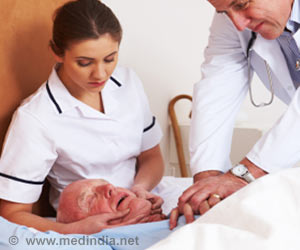Weekend survival rates of cardiac arrest patients are no different from weekday. Hence, researchers caution that the weekend effect does apply to some of the heart problems.

‘Weekend survival rates of cardiac arrest patients are no different from weekday. Hence, researchers caution that the weekend effect does apply to some of the heart problems.’
Read More..




The research was adjusted to account for external factors which could influence death rates, such as age, gender, ethnic group, and the most common causes of death in the UK.Read More..
A cardiac arrest is when an electrical fault in the heart occurs, causing it to stop pumping blood round the body suddenly. The chances of surviving an out-of-hospital cardiac arrest are around 1 in 10, but with swiftly-administered CPR and the use of a defibrillator, a huge difference can be made to the chances of survival.
This study follows on from work previously presented at the BCS conference suggesting that there is a 'weekend effect' in people going to the hospital with heart failure or atrial fibrillation, the most common type of abnormal heart rhythm. However, the presence of cardiac arrest teams working 24 hours a day, all year round, could be responsible for the same standard of care and outcome of those suffering a cardiac arrest whether they are being treated in the week or at the weekend.
Dr. Rahul Potluri, Clinical Lecturer in Cardiology at Aston Medical School, said:
"No matter which day of the week someone goes to the hospital with a cardiac arrest, they have the same chance of survival, and that should be hugely reassuring to the public.
Advertisement
Professor Metin Avkiran, Associate Medical Director at the British Heart Foundation, said:
Advertisement
"If you see someone who has suddenly collapsed and is unresponsive, it is vital that you call 999 and start administering CPR immediately to increase their chances of survival. When the emergency services arrive, you can rest assured that you've done your bit and the specialists are ready and waiting to take over."
Dr. Shajil Chalil, the Consultant Cardiologist at Blackpool Teaching Hospitals NHS Foundation Trust and co-author, said
"You can't choose when you're struck down by a devastating cardiac arrest. But our research potentially highlights the major value of cardiac arrest teams in hospitals set-up to ensure optimal care for these heart patients every minute of every day."
Source-Eurekalert











